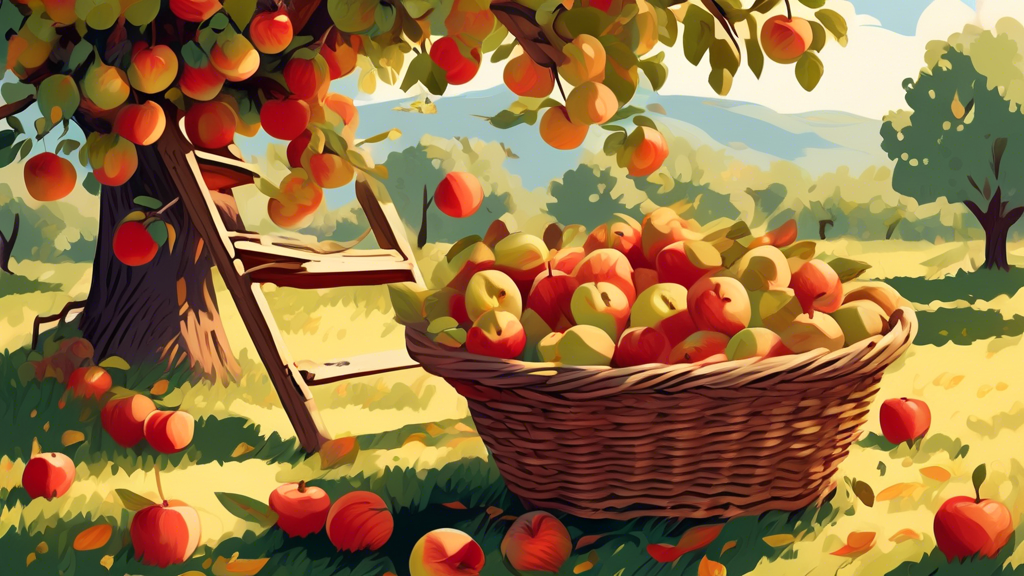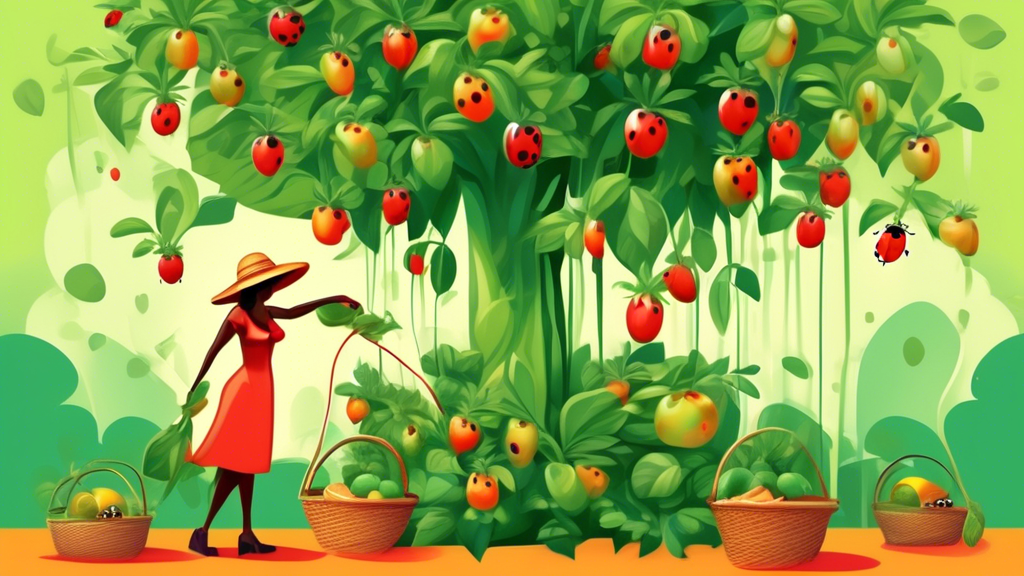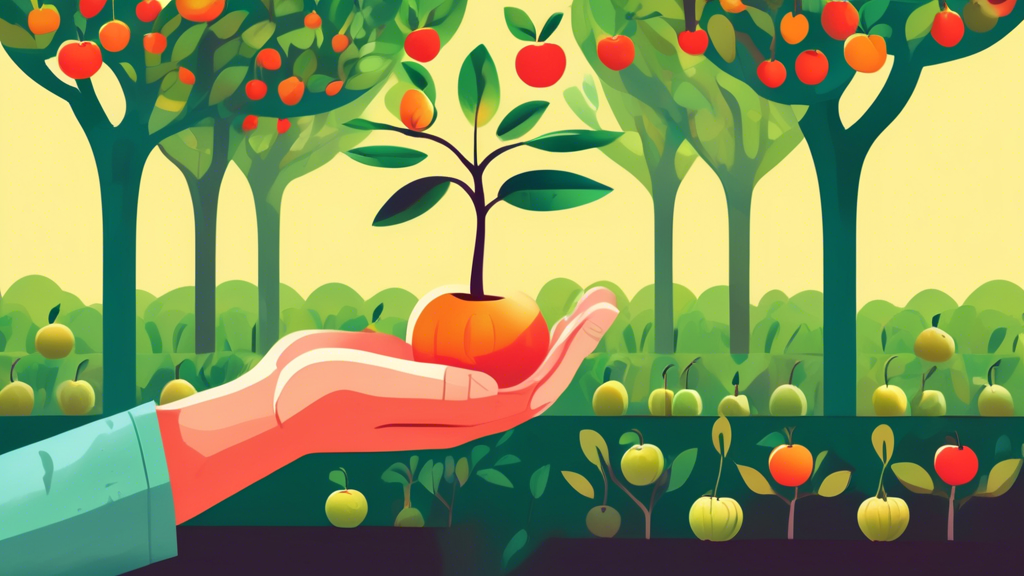
Why Your Garden is Your Best Pharmacy and Pantry
Unbeatable Freshness and Flavor (The Culinary Payoff)
Store-bought herbs often arrive wilted, packaged in plastic, and lack the vibrant flavor of fresh-picked ones. The intense aroma and taste of herbs like basil, cilantro, and mint picked moments before use are incomparable. For instance, a homegrown tomato and basil salad bursts with flavor, while one made from typical grocery store ingredients can taste bland and watery.
A Potent Boost for Your Health
Many people want to eat healthier but struggle to make nutritious choices convenient and tasty. Growing your own herbs solves this in several ways:
- Higher Nutrient Density: Herbs begin to lose nutritional value immediately after harvest. Homegrown herbs consumed fresh are at their peak potency, providing more vitamins and antioxidants.
- Know Exactly What You’re Eating: You have complete assurance that your herbs are free from unwanted pesticides, herbicides, or waxes.
- Natural Wellness Remedies: Common herbs have traditional medicinal uses, such as peppermint to aid digestion or sage to soothe a sore throat.
Surprisingly Easy and Cost-Effective
It’s frustrating to waste money on expensive, pre-packaged herbs that spoil before you can use them all. A single $3 plant can provide months of harvests, saving you repeated $3-$4 purchases at the store. A unique advantage is that many popular herbs like rosemary, thyme, and oregano are perennials, meaning they return year after year, offering an even greater return on your initial investment.
Getting Started: Your First Herb Garden Made Simple
The Top 5 Beginner-Friendly Herbs to Grow
| Herb | Why It’s Great for Beginners | Common Uses |
|---|---|---|
| Basil | Grows quickly and abundantly | Tomato dishes, pasta, pesto |
| Mint | Extremely vigorous and hard to kill | Teas, cocktails, desserts |
| Rosemary | Hardy and drought-tolerant | Roasted meats, potatoes, bread |
| Parsley | Very forgiving and versatile | Garnish, salads, flavor enhancer |
| Chives | Easy to grow, even from division | Baked potatoes, salads, eggs (both leaves and flowers are edible) |
No Garden? No Problem! Windowsill Gardening 101
A common misconception is that you need a large outdoor space to garden successfully. The solution is simple: find a sunny windowsill (a south-facing one is ideal), use a pot with proper drainage holes, and fill it with quality potting soil. This setup is perfect for a thriving mini-herb garden.
From Garden to Table: Maximizing Your Herbal Harvest
Culinary Creativity: Beyond Garnish
Move beyond simply using herbs as a garnish. Here are some unique ways to incorporate them into your cooking:
- Herb-Infused Oils & Vinegars: Easily create flavored oils like rosemary olive oil or vinegars like tarragon vinegar by steeping fresh herbs in them.
- “Herb Ice Cubes”: Chop herbs, place them in an ice cube tray, cover with water or olive oil, and freeze. These are perfect for adding to soups, stews, or sauces later for a burst of fresh flavor.
Use this quick-reference chart for classic flavor pairings:
| Herb | Excellent Flavor Pairings |
|---|---|
| Basil | Tomato, Mozzarella, Garlic, Lemon |
| Mint | Lamb, Peas, Chocolate, Fruit Salads |
| Dill | Fish, Cucumber, Yogurt, Potatoes |
| Cilantro | Lime, Avocado, Chili, Corn |
Preserving Your Bounty for Year-Round Use
A common issue for new gardeners is having an abundance of herbs and not knowing how to use them all before they go bad. Here are simple solutions:
- Drying: Ideal for hardy herbs like oregano, thyme, and rosemary. Hang bunches upside down in a warm, dry, well-ventilated area.
- Freezing: Best for tender herbs like basil, chives, and cilantro. You can freeze chopped herbs in bags or use the “herb ice cube” method.
- Making Pesto: A delicious and efficient way to preserve large quantities of basil (or other herbs like parsley or cilantro).
Frequently Asked Questions (FAQs)
Q: I don’t have a green thumb. What is the hardest part about growing herbs?
A: The most common challenge is overwatering. Most herbs prefer soil that dries out slightly between waterings. The key to success is ensuring good drainage and providing plenty of sunlight.
Q: Can I grow herbs from the cuttings I buy at the grocery store?
A: Yes, you often can! For herbs like basil, mint, and cilantro, place the stems in a glass of water, and they will frequently grow roots. Once the roots are a few inches long, you can plant them in soil. This is a fantastic, nearly free way to propagate new plants and expand your garden.
Q: How often should I harvest my herbs to encourage growth?
A: Frequent harvesting actually makes the plant bushier and more productive. A good rule is to never take more than one-third of the plant at a single time and to always prune from the top, just above a set of leaves.
Q: Are there any health risks with growing your own herbs?
A: The primary risk is ensuring you correctly identify the herb you are growing. Always use labeled seeds or plants from a reputable nursery. If you are using non-organic potting soil, be aware of its contents, though the risk from the soil to the edible parts of the plant is generally very low.






